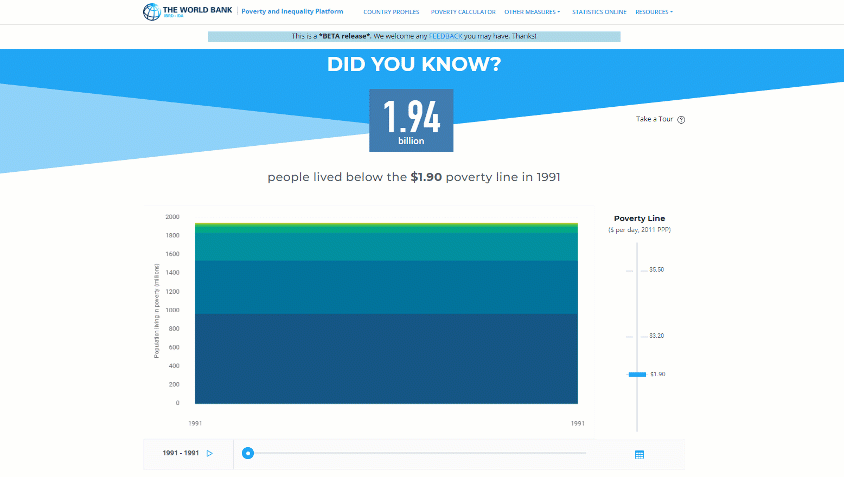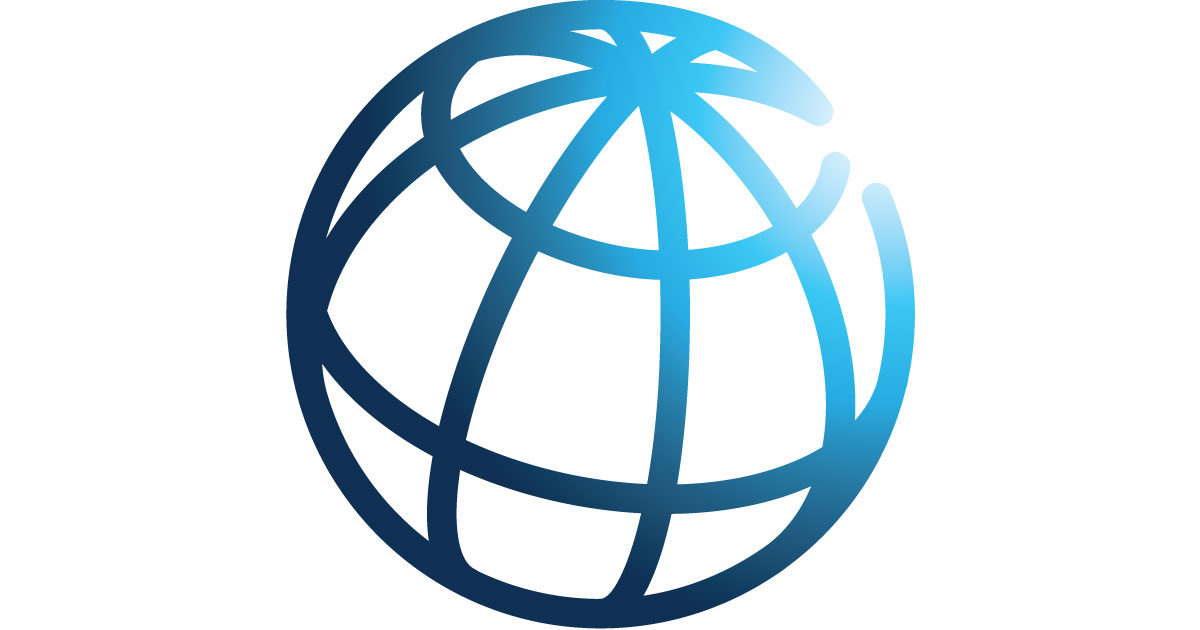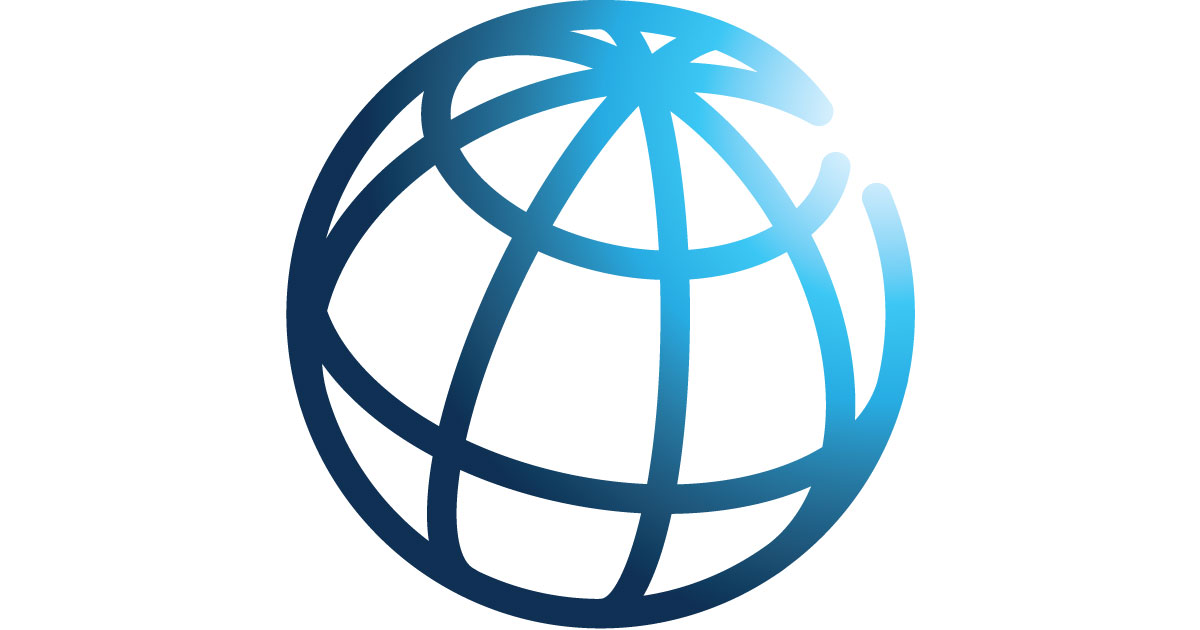## Can Video Games Save the World? Maybe Not, But Open Source Could
Gamers, unite! We’re used to building worlds, crafting characters, and pushing boundaries within the digital realm. But what if that same spirit of innovation could impact the real world?
The World Bank, the organization dedicated to fighting poverty and promoting global development, just dropped a bombshell: their first ever open source software release. That’s right, the folks who grapple with global hunger and inequality are diving headfirst into the world of code sharing.

Is this a sign that video games can finally solve world hunger? Probably not. But it does signal a powerful shift: the democratization of development through open source.
Join us as we explore this exciting development and see how open-source software could be changing the game for global development.Democratizing Data Access with Statistics Online
A Platform for Collaboration and Exploration

Statistics Online, a revolutionary platform within the World Bank’s Poverty and Inequality Platform (PIP), empowers users to directly analyze the underlying microdata. This innovative feature unlocks a wealth of possibilities for research, analysis, and understanding global poverty trends.
Gamestanza readers can now delve deeper than ever before, replicating existing research, conducting personalized analyses, and discovering unique insights hidden within the vast datasets. This level of access fosters a collaborative environment where researchers, policymakers, and anyone interested in poverty alleviation can contribute to a more comprehensive understanding of the issue.
Imagine being able to explore the experiences of individuals behind the statistics. With Statistics Online, this becomes a reality. Users can filter data by specific demographics, geographic locations, or economic indicators, gaining a nuanced perspective on the complexities of poverty and its multifaceted impacts.

Bridging the Gap Between Data and Action
The practical implications of Statistics Online for researchers, policymakers, and NGOs are profound. By providing direct access to the raw data, this platform facilitates evidence-based decision-making, empowering stakeholders to develop targeted interventions and design more effective poverty reduction strategies.
For researchers, Statistics Online offers the opportunity to test hypotheses, validate existing findings, and uncover new patterns and correlations within the data. Policymakers can leverage these insights to design more targeted and impactful policies, ensuring resources are allocated where they are most needed. NGOs can utilize the platform to tailor their programs to specific communities and measure their effectiveness in alleviating poverty.
Building a More Equitable Future Through Data Transparency
The Ripple Effect of Open Data
The World Bank’s open data initiative, exemplified by PIP and Statistics Online, has far-reaching implications for global development. Increased transparency fosters accountability, promotes collaboration, and empowers communities to advocate for their needs. By making data readily accessible, the World Bank is breaking down barriers to knowledge and enabling a more inclusive and participatory approach to development.
Think of the possibilities: local communities can leverage data to identify their specific challenges and advocate for targeted solutions. Researchers can collaborate across borders, pooling their expertise and resources to address global issues. Governments can track progress towards their development goals and make data-driven decisions that benefit their citizens.
Challenges and Opportunities Ahead
Despite the immense potential of open data, there are challenges to overcome. Data privacy concerns need to be addressed carefully to ensure the protection of sensitive information. Building digital literacy among communities is crucial to enable them to effectively utilize and interpret data. However, these challenges also present opportunities for innovation and collaboration.
Gamestanza envisions a future where open data platforms like Statistics Online are widely adopted, driving progress in developing countries. We see a world where data empowers individuals, strengthens communities, and fuels sustainable development. By working together, we can harness the transformative power of open data to build a more equitable and prosperous future for all.
Conclusion
The World Bank’s decision to release its first open-source software, the Global Rapid Assessment and Response System (GRARS), is a watershed moment. This move signifies a paradigm shift in how development institutions operate, prioritizing transparency, collaboration, and community-driven innovation.
By opening the doors to its code, the World Bank is not only democratizing access to vital tools but also empowering developers worldwide to contribute to solutions for pressing global challenges. This opens up a world of possibilities: from localized adaptations of GRARS to the development of entirely new applications built on its foundation. The implications extend far beyond disaster response, potentially influencing everything from poverty alleviation to climate change mitigation. This is a bold step towards a more inclusive and collaborative future, one where technology empowers communities to shape their own destinies.
The World Bank’s open-source journey is just beginning. It’s a call to arms for developers, NGOs, and governments alike to join hands, leverage the power of shared knowledge, and build a more equitable and sustainable world, one line of code at a time.